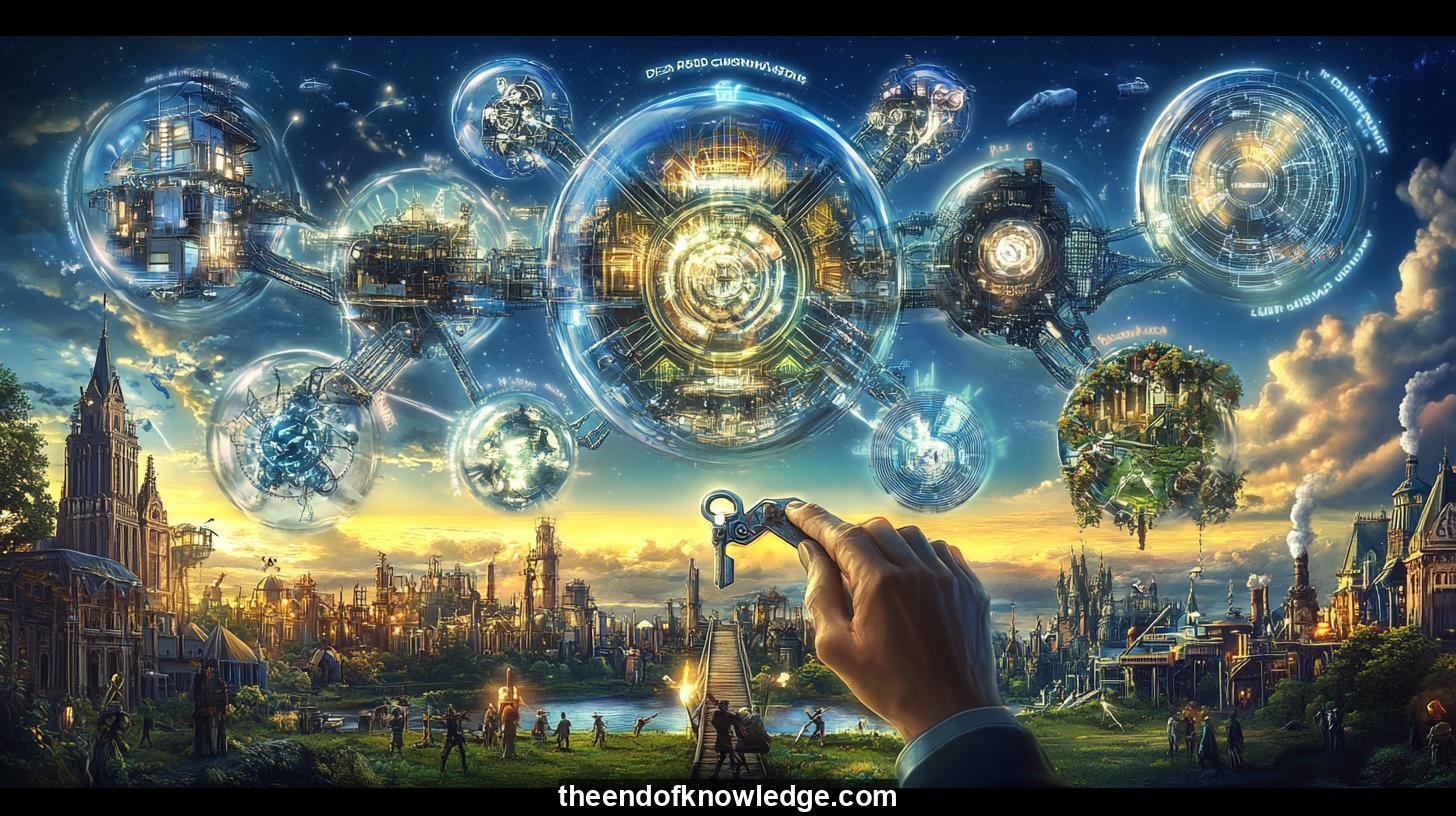 >
>
Concept Graph, Resume & KeyIdeas using DeepSeek R1 :
Resume:
explores the intersection of capitalism, artificial intelligence, and political theory, delving into debates between Marxism and anarchism, particularly the arguments of Bakunin and Marx regarding the state's role. It discusses the evolution of state theory from a revolutionary perspective to a phase of socialist transition. The text highlights the concept of "capital cognitive," linking it to artificial intelligence and its potential to either empower or incapacitate majorities. It critiques the notion of a universal working class, emphasizing the need for a syndicalist national approach to manage technological and societal transformations. also examines the tension between production and consumption, advocating for a balanced development to avoid societal risks. Finally, it touches on the ethical implications of AI, suggesting the need for democratic control and transparency to prevent dystopian outcomes.30 Key Ideas:
1.- examines debates between Marxism and anarchism, focusing on the role of the state in societal transitions.
2.- It discusses the evolution of state theory from revolutionary ideals to socialist phases.
3.- The concept of "capital cognitive" is introduced, linking it to artificial intelligence and its societal impacts.
4.- The potential of AI to empower or incapacitate majorities is explored, raising ethical concerns.
5.- critiques the idea of a universal working class, highlighting the need for a syndicalist national approach.
6.- It emphasizes the importance of balancing production and consumption to mitigate societal risks.
7.- The role of the state in controlling technological advancements is discussed as a means to manage systemic transformations.
8.- advocates for democratic control over AI to prevent dystopian outcomes.
9.- It suggests that transparency and ethical considerations are crucial in the development and implementation of AI technologies.
10.- The text touches on the historical context of political contention, referencing events like the 1968 revolution.
11.- It critiques neomalthusianism and its implications on population control and resource distribution.
12.- explores the tension between technological progress and social reproduction.
13.- It argues that the state must adapt to new challenges while maintaining a syndicalist approach.
14.- The importance of integrating AI into a national syndicalist vision is highlighted.
15.- discusses the need for a balanced approach to development to avoid societal stagnation.
16.- It critiques the reduction of natality and its implications on societal structures.
17.- The text explores the role of urban life in shaping societal norms and values.
18.- It discusses the ethical implications of AI on privacy and transparency.
19.- examines the impact of AI on the working class and production processes.
20.- It suggests that AI could be a tool for social change if used ethically.
21.- The text critiques the notion of a universal working class, emphasizing diversity and complexity.
22.- It explores the role of AI in exacerbating or mitigating social inequalities.
23.- discusses the need for a new model of capital accumulation in the age of AI.
24.- It highlights the importance of ethical considerations in AI development.
25.- The text examines the potential of AI to transform societal structures and power dynamics.
26.- It critiques the current state of AI development as being driven by capitalist interests.
27.- suggests that AI could be a tool for revolutionary change if harnessed correctly.
28.- It explores the tension between technological progress and social justice.
29.- The text discusses the need for a new political theory that incorporates the implications of AI.
30.- It advocates for a syndicalist approach to manage the challenges and opportunities posed by AI.
Interviews by Plácido Doménech Espí & Guests - Knowledge Vault built byDavid Vivancos 2025